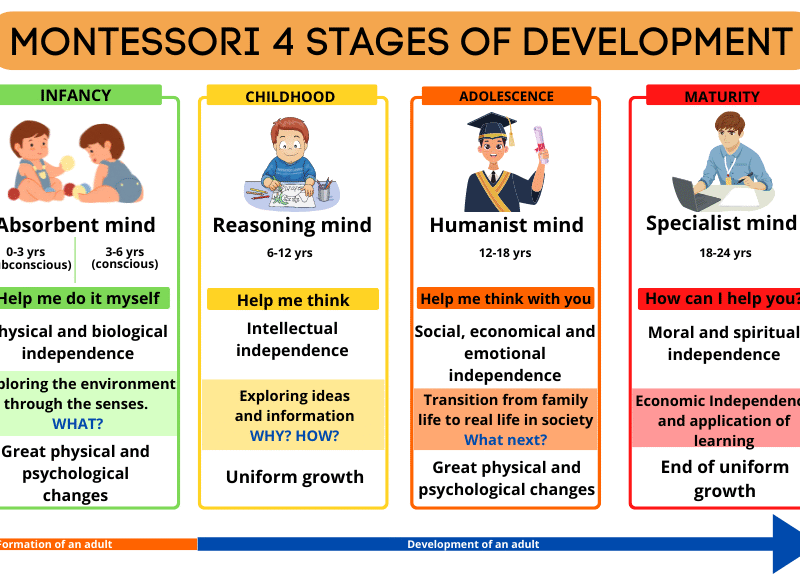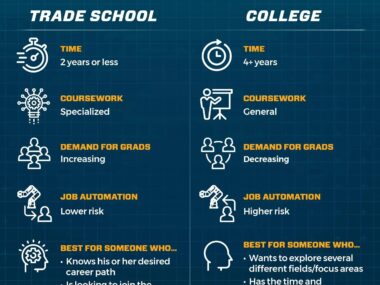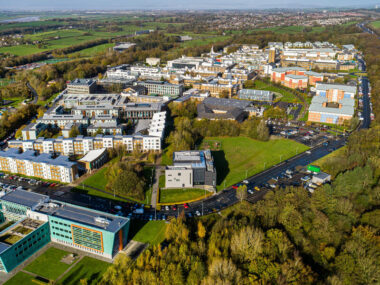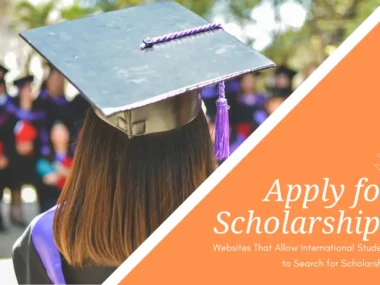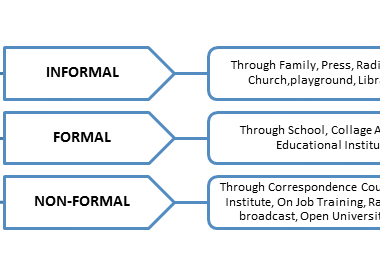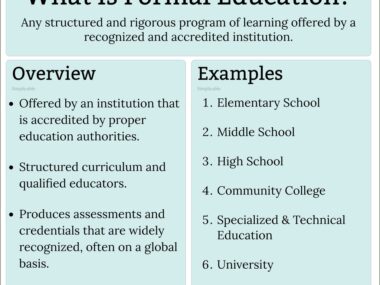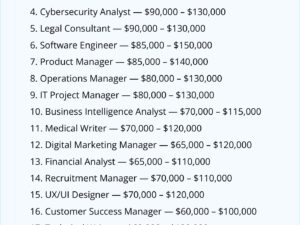What Is Montessori Education
Montessori education has gained recognition for its innovative and effective approach to early childhood development. Developed by Dr. Maria Montessori in the early 1900s, this unique educational philosophy focuses on fostering a child’s natural curiosity and love for learning. By providing a carefully prepared environment and an individualized curriculum, Montessori education aims to empower children to become independent, self-motivated learners.
The Philosophy Behind Montessori Education
At the core of Montessori education is the belief that each child is a unique individual with innate potential. Dr. Maria Montessori believed that children have an intrinsic desire to learn and grow. The philosophy emphasizes the importance of providing children with the freedom to explore and engage with materials that align with their interests and developmental needs. Montessori education values the holistic development of a child, including their intellectual, social, emotional, and physical growth.
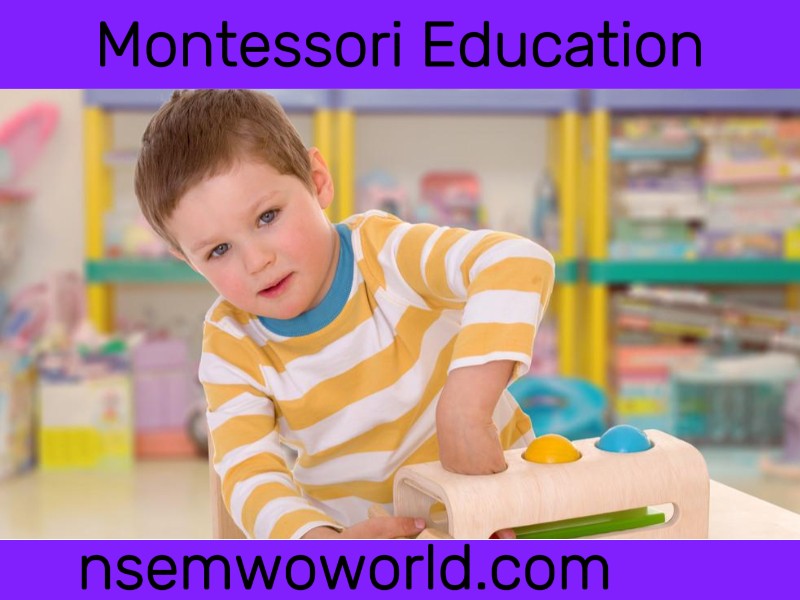
The Montessori philosophy also recognizes the critical role of the environment in a child’s learning journey. Montessori classrooms are carefully designed to promote independence, order, and beauty. They are equipped with a variety of materials that encourage hands-on exploration and promote the development of essential skills. The environment plays a crucial role in nurturing a child’s natural curiosity and love for learning.
Key Principles of Montessori Education
Montessori education is built upon several key principles that guide the teaching and learning process. These principles are:
- Respect for the Child: Montessori educators believe in treating each child with respect and dignity. They recognize that every child has unique strengths, interests, and learning styles. By acknowledging and honoring these individual differences, Montessori education creates a supportive and inclusive learning environment.
- Prepared Environment: Montessori classrooms are carefully prepared to meet the developmental needs of the children. The environment is organized, aesthetically pleasing, and filled with materials that are inviting and engaging. Each material is designed to promote a specific skill or concept, allowing children to learn through hands-on exploration.
- Individualized Learning: Montessori education recognizes that children learn at their own pace and have different interests. The curriculum is tailored to meet the individual needs of each child, allowing them to progress at their own speed. This individualized approach fosters a sense of independence and self-motivation in the learning process.
- Freedom within Limits: Montessori classrooms provide children with a sense of freedom to choose their activities and work independently. However, this freedom is balanced with clear boundaries and expectations. Children learn to make choices and take responsibility for their actions, developing self-discipline and a sense of accountability.
The Role of the Teacher in Montessori Education
In a Montessori classroom, the teacher plays a crucial role as a guide and facilitator of learning. Rather than being the central authority figure, the teacher observes each child’s progress and provides individualized support and guidance. The teacher prepares the environment, introduces new materials, and offers lessons when appropriate. They are trained to observe and understand each child’s unique developmental needs, allowing them to provide tailored guidance and support.
The teacher’s role is to foster independence and self-motivation in children. They create a nurturing and supportive atmosphere where children feel safe to explore, ask questions, and make mistakes. Montessori teachers aim to instill a love of learning in their students, encouraging them to become lifelong learners who are curious, resilient, and confident.
The Montessori Classroom Environment
The Montessori classroom environment is carefully designed to promote independence, order, and a sense of community. The classroom is divided into specific areas, each dedicated to different learning activities. These areas may include practical life, sensorial, language, mathematics, cultural studies, and arts.
The materials in the Montessori classroom are carefully selected to meet the developmental needs and interests of the children. Each material is designed to be self-correcting, allowing children to learn from their mistakes and develop a sense of autonomy. The classroom is arranged to promote freedom of movement, with child-sized furniture and materials placed within easy reach.
Montessori Materials and Their Importance
Montessori materials are an integral part of the learning experience in a Montessori classroom. These materials are designed to be engaging, self-correcting, and promote the development of specific skills and concepts. Each material has a clear purpose and allows children to work independently and at their own pace.
For example, the sensorial materials in a Montessori classroom help children refine their senses and develop skills such as discrimination, order, and concentration. The mathematics materials introduce abstract concepts through concrete manipulatives, allowing children to develop a deep understanding of mathematical principles. The language materials provide a sequential approach to reading and writing, building a solid foundation for literacy.
Benefits of Montessori Education
Montessori education offers numerous benefits for children’s holistic development. Some of the key benefits include:
- Independence and Self-Motivation: Montessori education fosters independence and self-motivation in children. By allowing them to make choices, work at their own pace, and take responsibility for their learning, Montessori education empowers children to become self-directed learners.
- Love for Learning: Montessori classrooms create a nurturing and stimulating environment where children develop a love for learning. The hands-on materials, individualized curriculum, and freedom to explore ignite children’s natural curiosity and inspire a lifelong passion for learning.
- Social and Emotional Development: Montessori education recognizes the importance of social and emotional development. The mixed-age classrooms allow children to interact with peers of different ages, fostering a sense of community, empathy, and cooperation. Children also learn to regulate their emotions, develop self-discipline, and practice conflict resolution skills.
- Critical Thinking and Problem-Solving Skills: Montessori education promotes the development of critical thinking and problem-solving skills. The materials and activities in the classroom encourage children to think independently, make connections, and find creative solutions to challenges.
Montessori Education vs. Traditional Education
Montessori education differs from traditional education in several key aspects. While traditional education often follows a teacher-centered approach with a standardized curriculum, Montessori education emphasizes a child-centered approach with an individualized curriculum. Traditional education focuses on grades and test scores, whereas Montessori education values the process of learning and the development of the whole child.
In a traditional classroom, students are typically grouped by age, while Montessori classrooms have mixed-age groups. Traditional education often relies on textbooks and lectures, while Montessori education utilizes hands-on materials and experiential learning. The role of the teacher also differs, with traditional education placing more emphasis on direct instruction and assessment, while Montessori education emphasizes observation, guidance, and individualized support.
Montessori Education at Different Age Levels
Montessori education is not limited to early childhood. It spans across different age levels, providing a continuum of learning experiences for children from infancy to adolescence. Each age level follows the Montessori principles and adapts the curriculum to meet the specific developmental needs of the children.
In the infant and toddler years, Montessori education focuses on creating a nurturing and supportive environment that promotes exploration, independence, and the development of basic skills. The preschool and kindergarten years build upon these foundations, introducing more complex materials and activities that foster intellectual, social, and emotional growth.
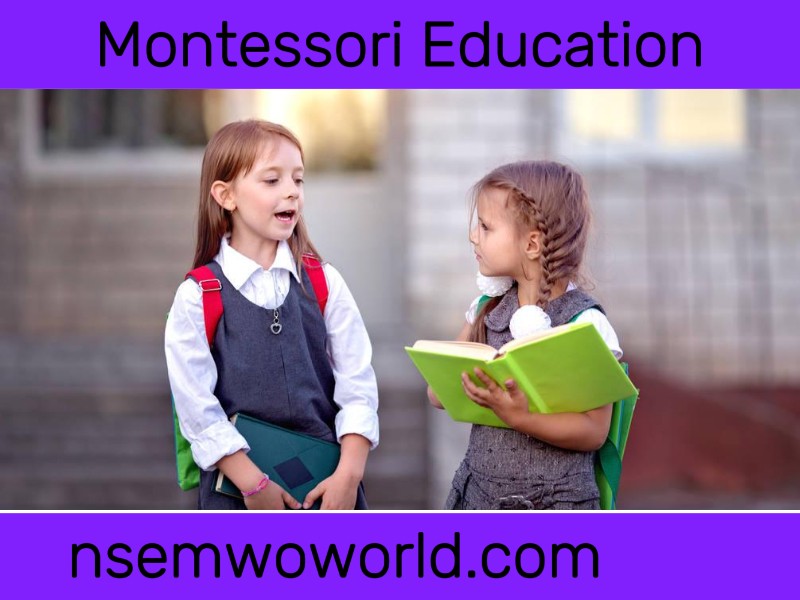
In the elementary years, Montessori education expands to include a broader curriculum that encompasses language, mathematics, sciences, cultural studies, and the arts. The focus is on providing children with a well-rounded education that encourages creativity, critical thinking, and a deep understanding of concepts. In the adolescent years, Montessori education prepares students for higher education and adulthood by fostering independence, leadership skills, and a sense of social responsibility.
Conclusion: Is Montessori Education Right for Your Child?
Montessori education offers a unique and effective approach to early childhood development. By focusing on a child’s innate curiosity, individualized learning, and holistic development, Montessori education empowers children to become independent, self-motivated learners. The carefully prepared environment, hands-on materials, and supportive teachers create a nurturing atmosphere where children thrive and develop a love for learning.
If you are a parent considering alternative education options, Montessori education may be a great fit for your child. It provides a stimulating and engaging learning environment that promotes independence, critical thinking, and social-emotional growth. However, it is important to consider your child’s specific needs and preferences when making an educational decision.
For educators, gaining insights into Montessori education can provide valuable perspectives and ideas for enhancing teaching practices. The principles and practices of Montessori education can be adapted and incorporated into various educational settings, promoting student-centered learning and fostering a love for learning.
Embark on this journey into the fascinating world of Montessori education, and discover the transformative power it holds for young learners.
